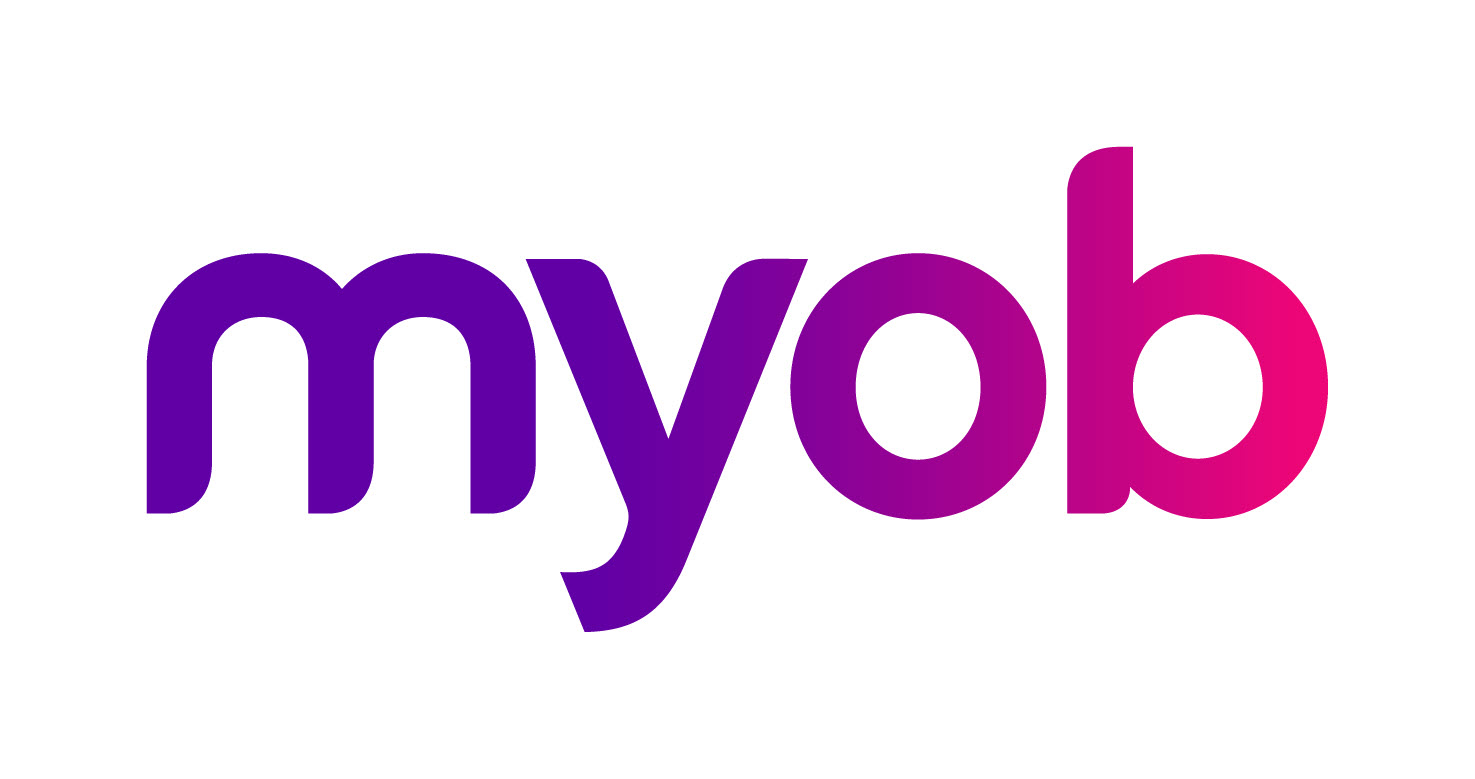Employees and contractors - differences, rights, and responsibilities
Employees and contractors have different rights and responsibilities.
An employee is someone who is hired under an employment contract, and is entitled to
at least the minimum wage
holiday and leave entitlements, and
a written employment agreement.
The employer assumes the responsibility of paying tax and KiwiSaver contributions out of the employee’s wage or salary.
A contractor is a self employed person who is hired under an independent contractor agreement. A contractor pays their own tax and is not entitled to holiday and leave accrual, because they are in effect their own employer.
Decisions on whether someone is an employee or a self-employed contractor
Sometimes it is not clear whether a person is an employee or a self-employed contractor.
Where a person is engaged as a self-employed contractor but thinks that they are really an employee, then they can ask the Employment Court to decide what the real nature of the relationship is. If someone asks the court to do that, then others in the same position may also agree to have their names included in the case.
The court will not just look at how the parties have described the arrangement, it will look at a number of other factors as well and make a decision on the person's status on the basis of the real nature of the relationship. The decision will apply only to those people named in the Court case.
If someone is engaged as a self-employed contractor and is happy with that, then the Employment Court cannot consider the matter.
If you get it wrong
Classifying an employee as a contractor can have consequences. If you pay an employee as a contractor, even by accident, you could later be liable for:
- unpaid PAYE tax
- unpaid minimum wages
- holidays and leave entitlements.
You may also receive penalties from Inland Revenue and/or the Employment Relations Authority. Additionally, your reputation could be harmed.
Indications of being an "employee"
If all or most of these features are present in a work relationship, it is likely to be an employment relationship between employer and employee:
the intention of the employer and employee is to form an employment relationship, and this is shown in any written agreement or correspondence and/or by the behaviour of the parties to it
the employer or their agent controls the hours worked
the employer or their agent has the power to hire and fire
the employer makes the profit or loss from the enterprise
the employer deducts ACC premiums and PAYE tax on behalf of the employee
the employer supplies materials for the work
the employer owns or leases the equipment needed
the employee is bound to one employer at a time and is expected not to compete or offer his or her skills to competitors of the employer.
Indications of being a "self-employed contractor"
If all or most of the following features are present in a work relationship, it is likely to be a contract for services involving a self-employed contractor:
the intention of the parties to the contract is not to form an employment relationship, and this is reflected in the contract and/or the behaviour of the parties
the contractor controls how and when the job is done
payment is made in a lump sum at the end of a job, or in installments as progress is made on the job
the contractor can choose who does the job and can hire other people without approval from the other party
the contractor pays any tax, ACC and insurance directly
the contractor can make a profit or suffer a loss directly
the contractor supplies equipment and materials
the contractor is free to accept similar work from a number of sources at the same time.
